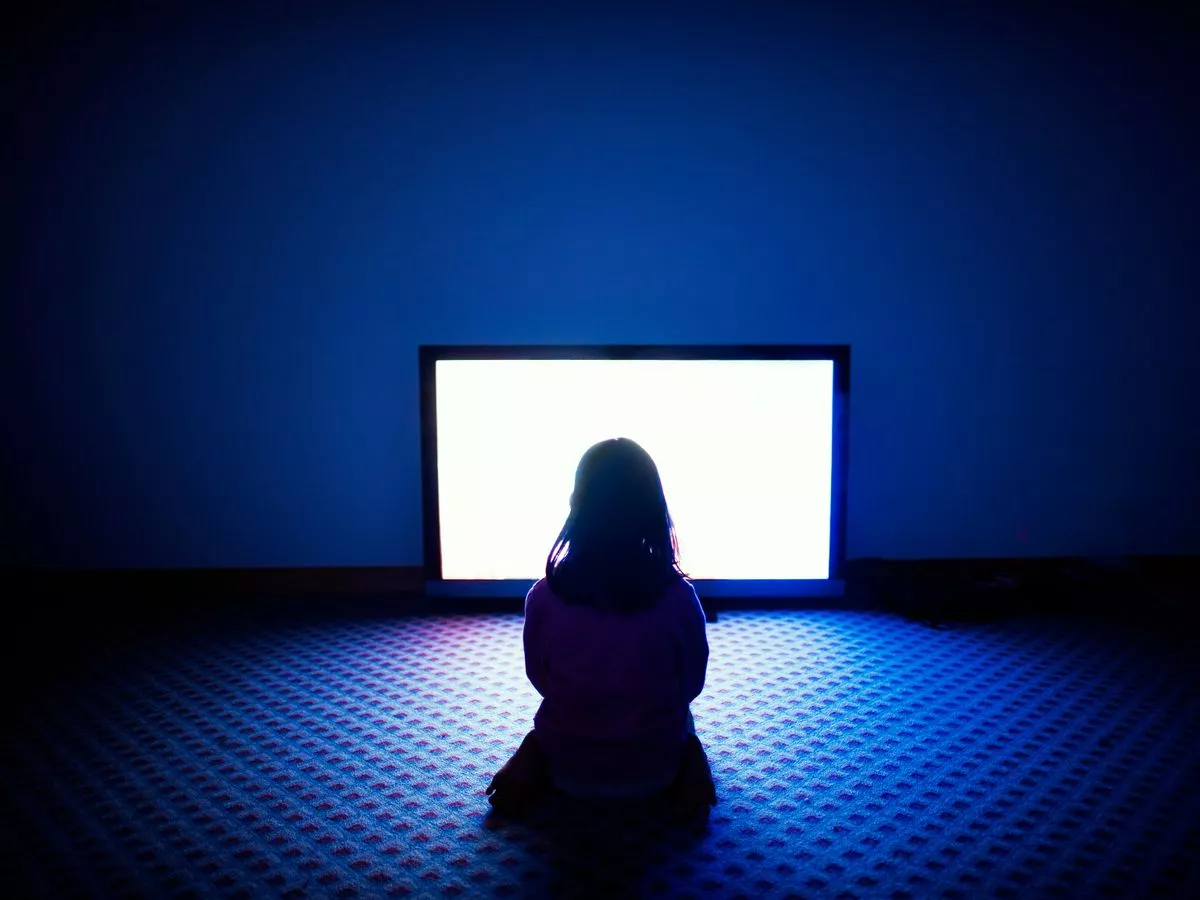By Aaron Tinney
Copyright dailystar

Britain has bred a nation of “vampire kids”. Gen Z youngsters are spending days indoors without sunlight as they are so hooked on shows and social media feeds that don’t focus on showing nature. Experts have branded it part of a “nature deficit” sweeping the world. They say geeky shows such as The Big Bang Theory are encouraging younger folk to stay indoors twiddling knobs on games consoles and indulging in streaming marathons on the sofa, just like the show’s scientist characters. Eggheads also said music lyrics are not featuring nature references as much as they did decades ago. The impact of the “nature deficit” has been laid out in a bleak new report from Super, Natural British Columbia, the tourism body of British Columbia in Canada. Boffs surveyed 2,000 adults in the UK as part of their Nature Report, and uncovered a modern “complex relationship” with the natural world. The findings showed younger generations feel “less connected to nature”, and that “Gen Z can go days without being outside”. Maya Lange from Super warned about the rise of a new breed of pasty sunlight-phobics: “The benefits of spending time in nature are widely known, but modern life can make it difficult, with our research showing that we’re becoming more disconnected from nature with each generation. “While there’s no single solution to inspiring people to improve their relationship with nature, encountering the wonder of it through the content they watch and enjoy can spark a genuine desire to seek nature out in real life.” Social Psychologist Dr Pelin Kesebir detailed how references to nature in songs, books, and films have also been on a “steady decline” since the 1950s. He added: “This is symptomatic of a larger societal issue, as there is a strong link between what we consume and how we behave. “Art, media, and culture both reflect and shape our lived experiences, so the nature deficit in the content we consume signals a broader and concerning disconnect from the natural world.” “That’s why tools that encourage a healthier ‘nature diet’ in our media can be a powerful catalyst for inspiring real-world nature engagement.” Super’s study found two-thirds of Gen Z and more than half of Millennials admitted there are times when they can go days without stepping outside. Even when younger generations are outdoors, they’re often not truly engaging with nature. For Gen Z and Millennials, much of their time outside is spent commuting or working, rather than enjoying the natural world More than four in ten parents said their children spend less time outdoors than they did at the same age, with the average child now getting under an hour of outdoor time per day Surprisingly, those living in cities spend more time outside than those in rural towns and villages. But it is again mostly for commuting and wirking instead of leisure time. The study also found Countryfile was the most inspiring programme to send Brits outdoors – followed by David Attenborough’s Life on Earth, Blue Planet and Race Across the World. Even The Great British Bake Off was found to have encouraged more people to get out of the house due to its marquee setting.



